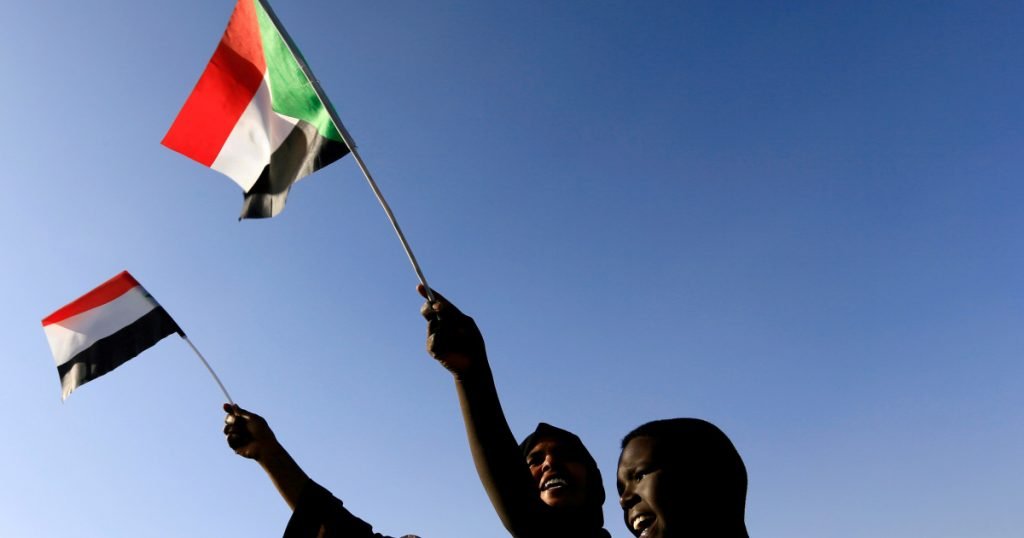A stumbling issue in peace talks between Sudan’s transitional administration and a rebel group in the country’s south has been the delegation of authority from Khartoum.
According to the primary negotiator for the SPLM-North, many problems related to the economy, security, and politics were addressed, but crucial issues such as the delegation of powers between the central government and the regions were not.
“We also agreed as a principle that in the future, significant national issues should be decided by popular vote,” said Amar Amon, the primary negotiator for the SPLM-North.
In mid-June, talks in Juba, South Sudan, between the government and the Popular Movement for the Liberation of Sudan-North (SPLM-North) were called off due to undisclosed differences.
“Tackling the root causes of Sudanese problems includes resolving these challenges,” he continued. “We keep reminding them that we don’t want to make peace, and that we don’t want to use any peace as a pressure point.”
– Power that is distributed rather than concentrated –
The SPLM-North, which has bases in the states of Kordofan-South and Blue Nile, is a proponent of a decentralized government.
The central government’s powers in Khartoum, according to the principal negotiator, are the basis of the country’s 60-year-long troubles.
Among these conflicts were the battle of independence with South Sudan, as well as the recurring violent incidents in the areas of South Kordofan, Blue Nile, and Darfur.
Another significant issue that had not been addressed, he claimed, was the merger of the country’s armed organizations into the Sudanese army.
Following the popular revolt that saw former President Omar al-Bashir deposed in April 2019, the Sudanese government formed a transitional civilian-military government that has made reconciliation with the rebels a primary priority.
– Historic Agreement –
In October 2020, it reached a historic agreement with a number of rebel groups.
The SPLM-North has signed its own ceasefire deal, allowing militants to keep their weapons “for their own security” until the constitution is rewritten to create a secular state.
The timing of the resumption of talks has yet to be determined.
MORE:
- Ethiopians Celebrate St. Michael’s Anniversary, Praying for a Peaceful Vote
- Peace Deal to Counter South Sudan Violence Rendered Futile

















